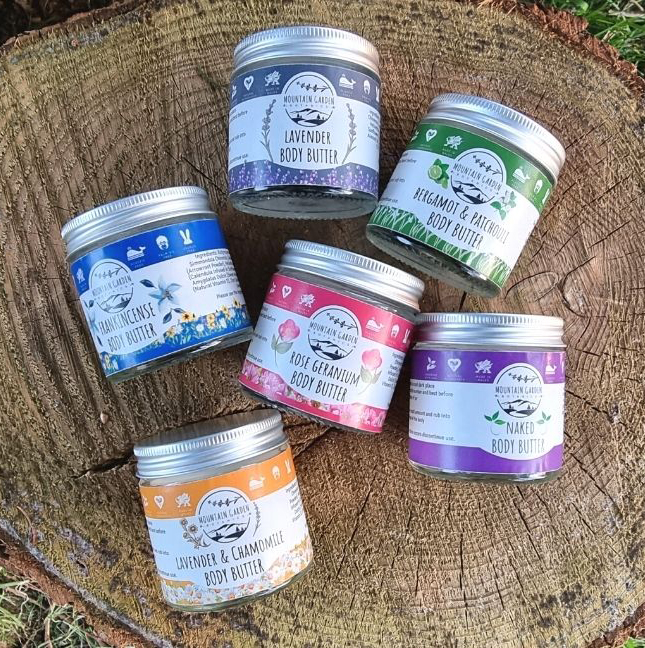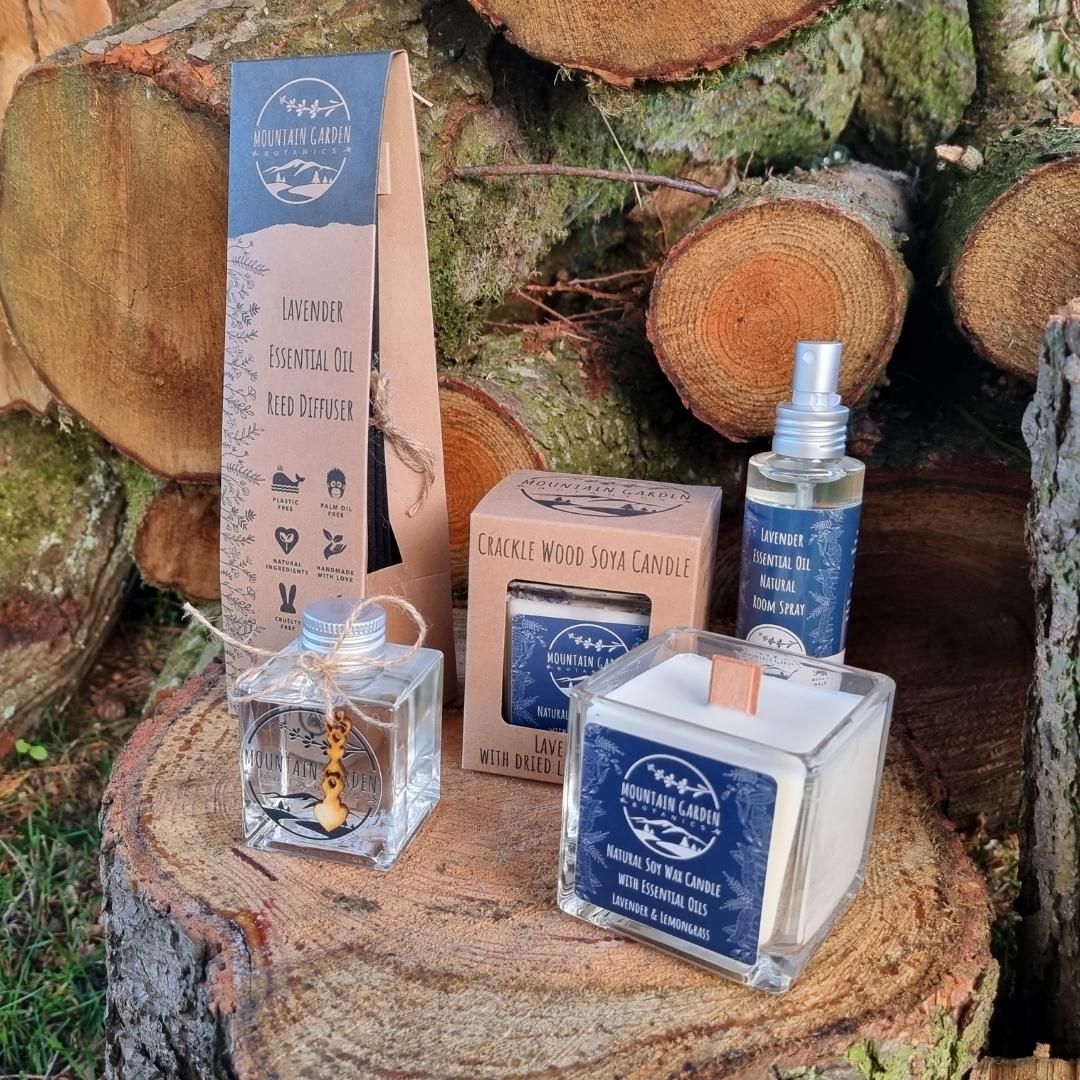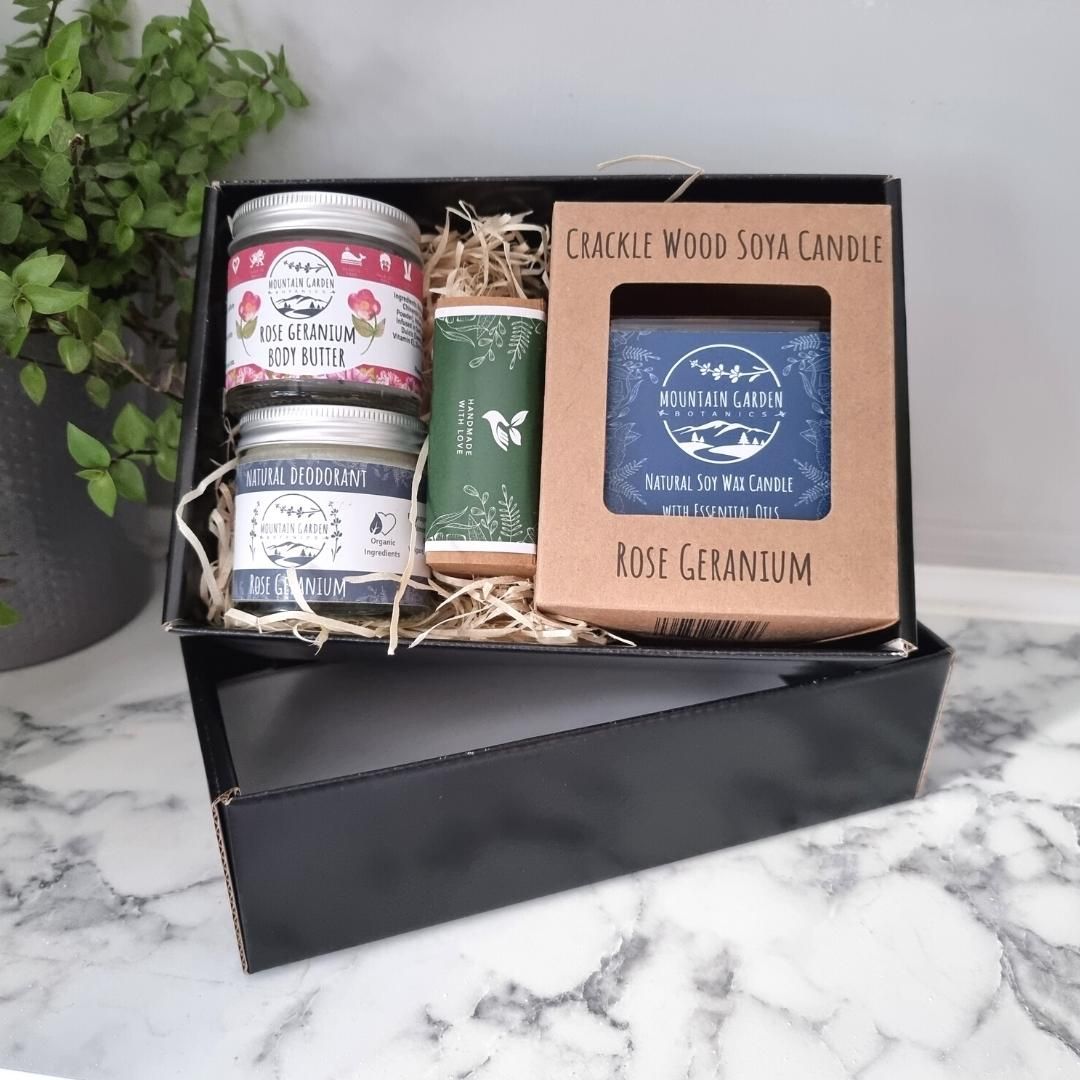You might have bought a soap with label natural ingredients but must be wondering, what natural ingredients they have used? Yes, you can read them on the label but you might not understand all of them. Therefore, here we will look at the common ingredients that the best natural soap bars UK use and you should know.
Soap-producing plants
First, let’s talk about plant-derived ingredients. There are some plants known as soap-producing plants that include:
Soap Plant, Soapbark, Soapberry and Soapwort.
These plants have a common ingredient found in the roots, saponins. It is responsible for forming lather when coming in contact with water. Many use it in handmade natural soap for creating a lather organic way. It was the ingredient that was used initially until people started to go for animal-derived ingredients for the commercial making of soaps.
Soap Making Development Over The Years
In the past, the soap making process started when the ancestors discovered that mixing saponin-substances with charcoal or ashes derived substances makes the more refined form. The final form was usually sodium stearate or potassium stearate. Later, they decided to add plant and animal fats with the substance to make them into a solid soap form. From the past to modern times, the initial source of soap oils is from plants including, olive oil, coconut oil, soybean oil, palm oil, tallow etc.
Modern Natural Soap Bars In The UK
Now, soap is made by using fat oils from animals too. The fat oils such as rendered pork fat or beef fat are used over plant oils and plant-derived saponin. Soaps can never have both ingredients in abundance because they cause irritation on sensitive skins. Moreover, vegan products do not use any animal-derived substances and stick to plant-based ingredients.
Plant oils used in soaps are quite mild and make the skin soft. It can leave a little residue which you can dissolve by washing. The oils are enough to make the soap but it will lack the caustic agent which is used to produce the lather when washing. Therefore, another ingredient is added to the process.
Lye (sodium hydroxide) is that extra ingredient used in soap making. The fats and oils are mixed with lye and it starts to react. The solution then starts to thick and harden to the points it becomes one solid mass. Moreover, some soaps have a bit of perfume which can be irritating for sensitive skins and should be avoided.
One more thing to note here is that some natural soaps even have active ingredients which limit the usage of it for a part of the body. For instance, some soaps might have ingredients for fighting bacteria or serve as antioxidants but these should be avoided because they can harm the skin. Soaps made with petroleum and animal fats should also be avoided if you have sensitive skin and want an environmentally friendly natural soap bar.
Trend Of Homemade Natural Soap Bars In The UK
The process of soap making is quite simple and one can so easily do it themselves. There is a growing trend of making homemade soaps with natural ingredients which usually includes soap base, plant oils (coconut, olive, palm, sunflower), animal fat, colour dye, lye and fragrance. The ingredients can easily be found in your home or nearest market. There are now plenty of variations in the ingredients and all in natural oils and safe dye.
Many people are getting hooked on making the best natural soap bars in the UK because it is easy to make and they have come to know about the disadvantages of using commercially made soaps.










